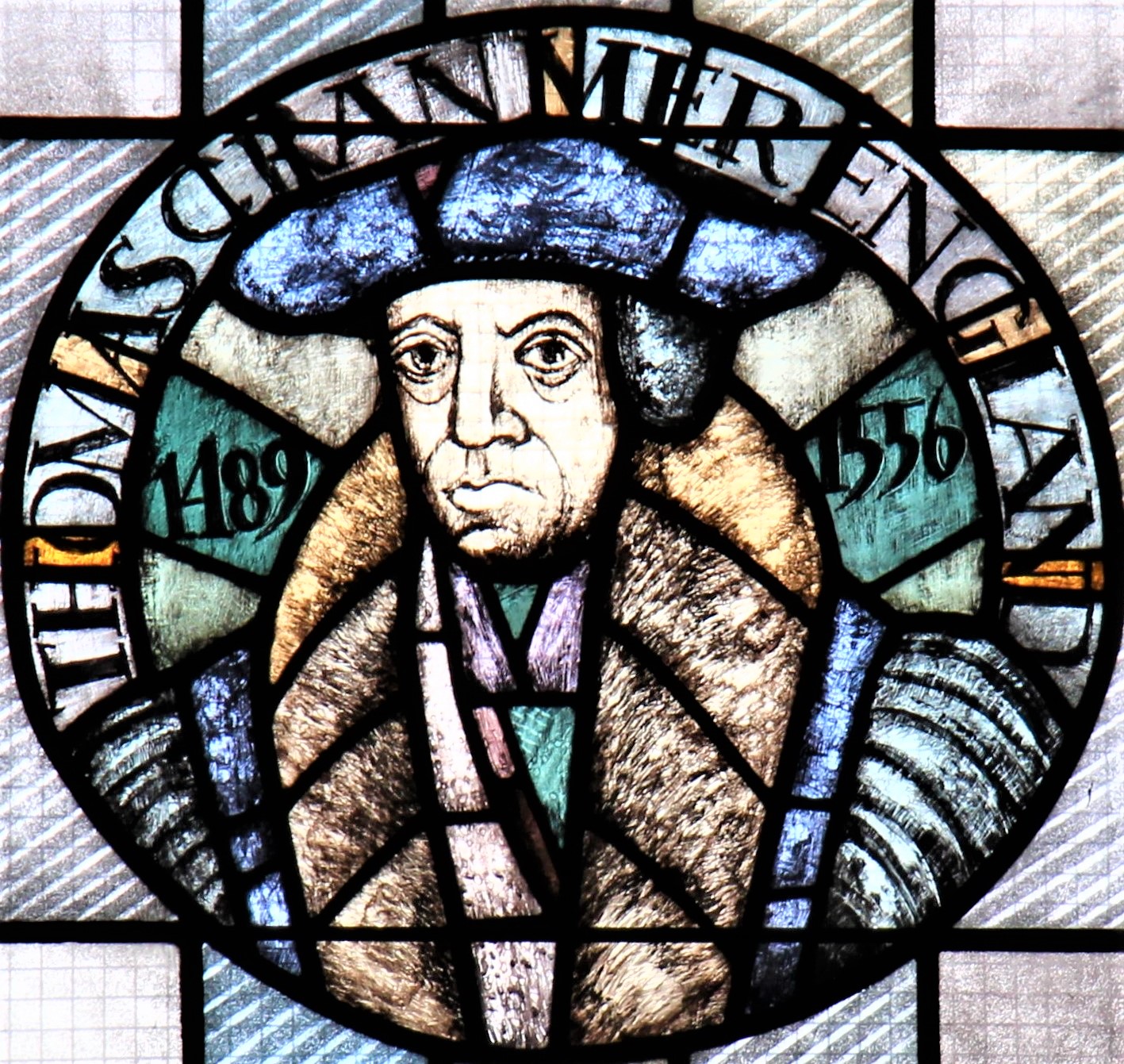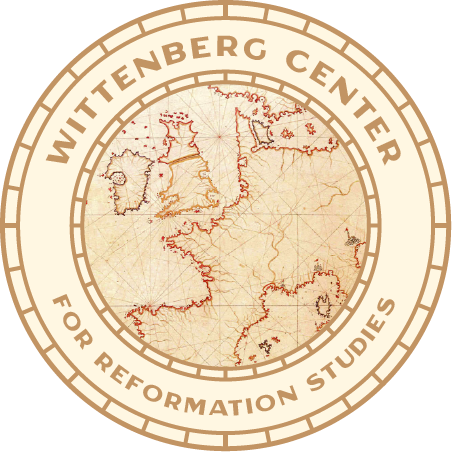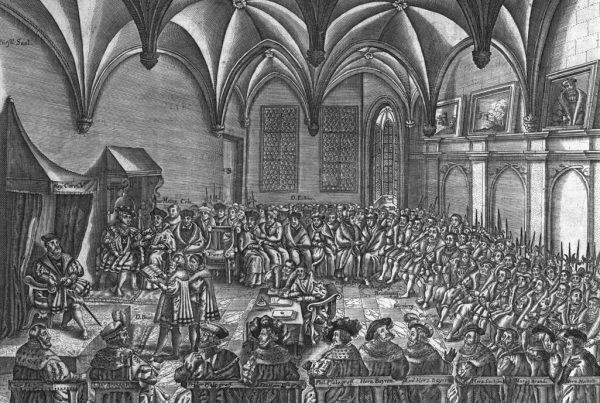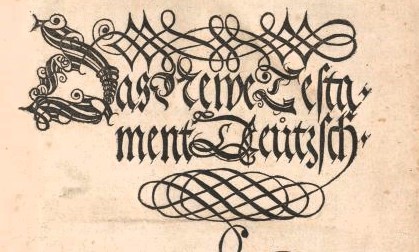Welcome to the Wittenberg Center for Reformation Studies.
“Necessaria est omnino […] historia, cui […] non invitus uni contulero, quidquid emeretur laudum universus artium orbis.”
“History is absolutely indispensable, on which alone I would not unwillingly heap all the praises that are due to the entire circle of arts and sciences.”
Philip Melanchthon in his inaugural speech as professor for the Wittenberg University
(De corrigendis adolescentiae studiis, 1518: Melanchthons Werke, vol. 3,
ed. R. Nürnberger, Gütersloh 1969, 39, 13–15).
What is the Wittenberg Center?
Wittenberg is the birthplace of the Reformation where Martin Luther called for a return to the Bible and its gospel message of grace, faith, and gratitude. The renewal of theology and praxis unleashed by these powerful ideas swept Europe, reshaping the churches and universities of Western Christendom which embraced the Reformation, and even those which did not. All of these renewal movements were deeply connected by their common roots in Wittenberg. Therefore, the mission of the Wittenberg Center for Reformation Studies is to study this pivotal moment in history and trace its impact on ecclesiastical renewal in the various European lands of the Sixteenth Century and beyond. Since the center seeks in particular to promote Reformation studies in English-speaking universities and churches, it has a special interest in the connection between the Continental Reformation and the Reformation in Great Britain. In sum, the Wittenberg Center will help its visitors, scholars, and researchers better understand the Reformation in all of its aspects, but especially its theological message, and then encourage them to translate the knowledge they gain into practical application for the church and the world.

Discover how Wittenberg became "ground zero" for the Reformation.
Activities
Wittenberg Fellowship & the Center's Activities
In June 2022 the Wittenberg Center for Reformation Studies offers the first summer course on the German Reformation. Eleven doctoral students from different countries and two Research Fellows are coming for four weeks to Wittenberg to study Reformation history.
Resources
Recommended Resources & Teachings
Here you can find audio files and internet resources on Wittenberg and the Wittenberg Center.
Support the Center
Our activities depend on your support! Please help us open up the Reformation for today.
Address
Wittenberg Center for Reformation Studies gGmbH
Dunckerstrasse 34
10439 Berlin, Germany
Connect
stegmann@wittenbergcenter.de
© 2026 Wittenberg Center for Reformation Studies



